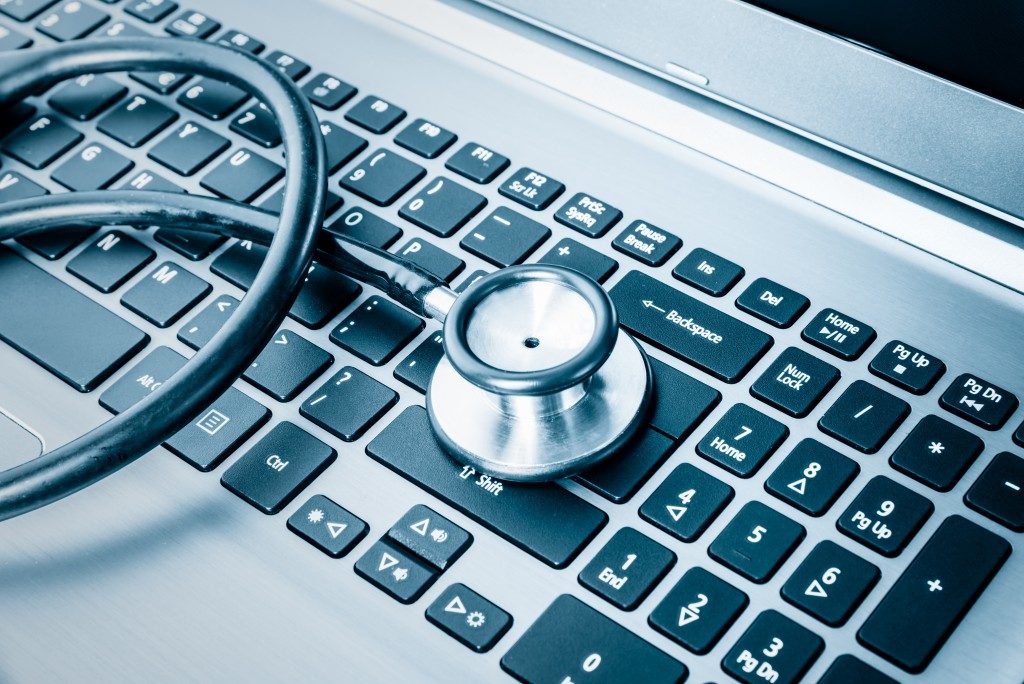You know how frustrating it is to watch the hours go by as you wait for your turn or for the finance department to approve your insurance in the doctor’s office or the hospital. When you need to get checked up, you have to spend one day waiting for all the healthcare processes to finish. It’s a waste of your time and the physician’s and hospital staff’s time.
Thankfully, technology has made it easier in the past decade. For example, Julota takes care of connecting hospitals and healthcare-related community organizations. It enables a hospital to connect a drug abuse patient to a community organization that aims to help substance abusers. It reduces the required paperwork needed to find a good therapist for these patients. Like many others, this software platform helps communities save money and improve their processes.
Digitalization of Health Records

Many industries have already implemented the digitalization of health records. The Electronic Health Records (EHRs) program has been a massive game-changer in the healthcare industry. It eliminates the need to file paperwork and save the records for future reference and use.
This has a direct impact on how various healthcare professionals go about their tasks. Today, they no longer have to fill out forms and call insurance companies. All they need to do is to input the patients’ data into a system to find out their medical history. Medical billers will update the patients’ records with diagnostic codes and submit their insurance claims electronically.
Patients are also allowed to access their medical records with ease. With a click of a button, they can view the recent tests done to them, as well as the results. They can also detect mistakes more easily to ensure that their records are spotless.
Lower Healthcare Costs
Technology in the healthcare industry has helped lower costs associated with logistical tasks. Instead of needing to hire nurses and technicians to file paperwork and answer calls, various software can connect hospital and insurance networks. In a study done by the University of Michigan, it found out that shifting from paper to digital records allowed hospitals to save $5.14 per patient per month.
Increased Efficiency and Productivity
Physicians are well-known for their incomprehensible handwriting. Nurses and medical billers often make mistakes when depending on the handwritten notes of the doctors. Experts expect that the number of medical billers and coders will increase by 13% from 2016 to 2026. Thankfully, the introduction of the EHR program will make it much easier for this sector of allied health workers to go about their jobs. They might even be allowed to work from home to finish encoding health records. That will be a huge boost in productivity and efficiency.
Finally, the main purpose of using technology in the healthcare industry is to improve public health. It will help medical practitioners provide excellent healthcare without the nuisances of red tape and paperwork. Technology is allowing preventive measures such as flu vaccines to be put in place more quickly and more easily, too.

